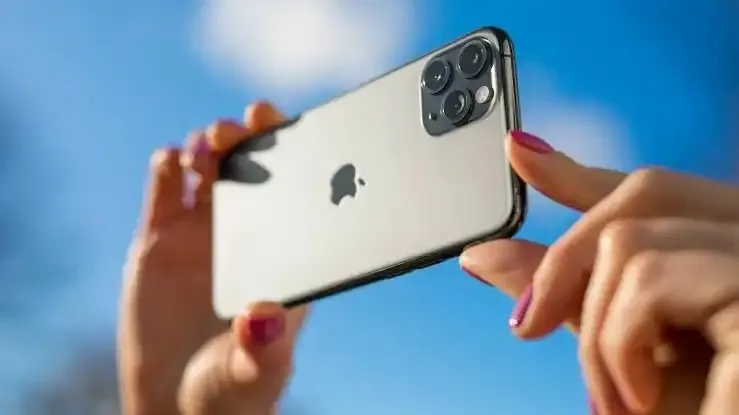Good evening friends, it's another time for deliberation between IOS and ANDROID

The debate between iOS and Android has been a constant in the tech world, with passionate users of each platform staunchly defending their choices. While it's true that both operating systems have their merits and shortcomings, I believe that personal preferences play a significant role in the decision between iOS and Android. In my case, if given the option to choose, I would go for iOS, and here's why.
One of the primary reasons for my preference for iOS is the seamless integration and ecosystem that Apple offers. From the iPhone to the iPad, Apple Watch, and Mac, the interconnectedness of Apple devices creates a unified user experience. The ability to effortlessly transfer files, share information, and switch between devices is incredibly convenient. This synergy enhances productivity and simplifies daily tasks, as everything works together harmoniously.
Another factor that tips the scale in favor of iOS is the consistent and controlled user experience. Apple has a stringent app review process, ensuring that apps available in the App Store are of high quality, safe, and free from malware. This approach promotes user security and maintains a level of software consistency that is challenging to achieve on the Android platform. With iOS, you're more likely to receive timely updates, and your device is supported for a more extended period, reducing the risk of obsolescence.
Privacy and security are of paramount importance to me, and Apple's commitment to these principles aligns with my values. Apple has been proactive in enhancing user privacy, with features like App Tracking Transparency and end-to-end encryption for iMessage conversations. While Android has made strides in this area, the perception remains that Apple takes privacy more seriously.
The aesthetic appeal and user-friendly design of iOS are other key factors that influence my choice. Apple's attention to detail, clean interface, and intuitive gestures create a delightful user experience. The consistency of design across apps and the overall aesthetic of iOS add to the appeal. Android, with its multitude of manufacturers and custom interfaces, can sometimes result in a less cohesive and more fragmented experience.
Apple's customer support and service ecosystem are also notable. The Apple Store provides an excellent in-person support experience, and the availability of AppleCare for extended coverage offers peace of mind. These services, combined with a robust user community, make problem-solving and troubleshooting more accessible.
However, it's crucial to acknowledge that Android has its strengths too. The platform is known for its customization options and a more open ecosystem. Android allows users to tinker with their devices, customize home screens, and even sideload apps, which appeals to tech-savvy users.

Source
In the end, the choice between iOS and Android comes down to personal preferences and priorities. While I favor iOS for its seamless ecosystem, privacy focus, user-friendly design, and support infrastructure, others may prioritize Android's customization options and the wide variety of devices available. The iOS vs. Android debate will continue, but what matters most is selecting the platform that best aligns with your individual needs and values. Ultimately, both iOS and Android have their merits, and the right choice is the one that suits you best.